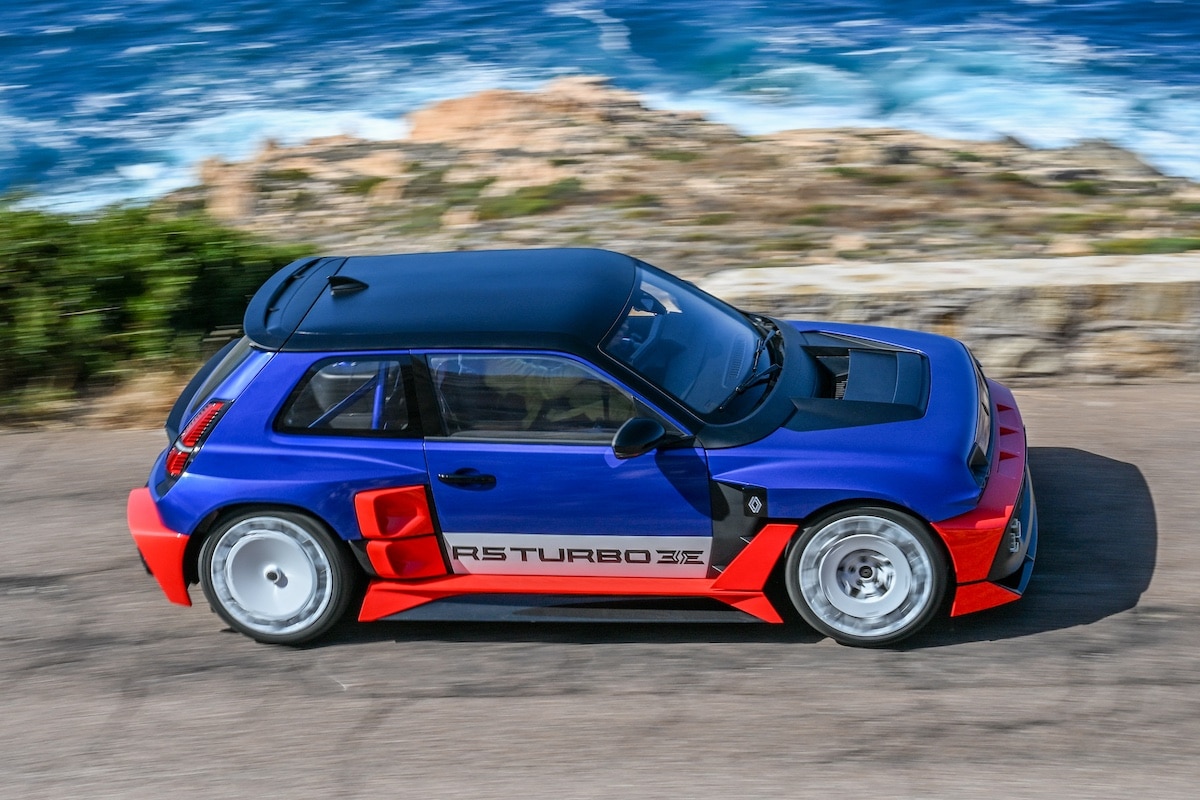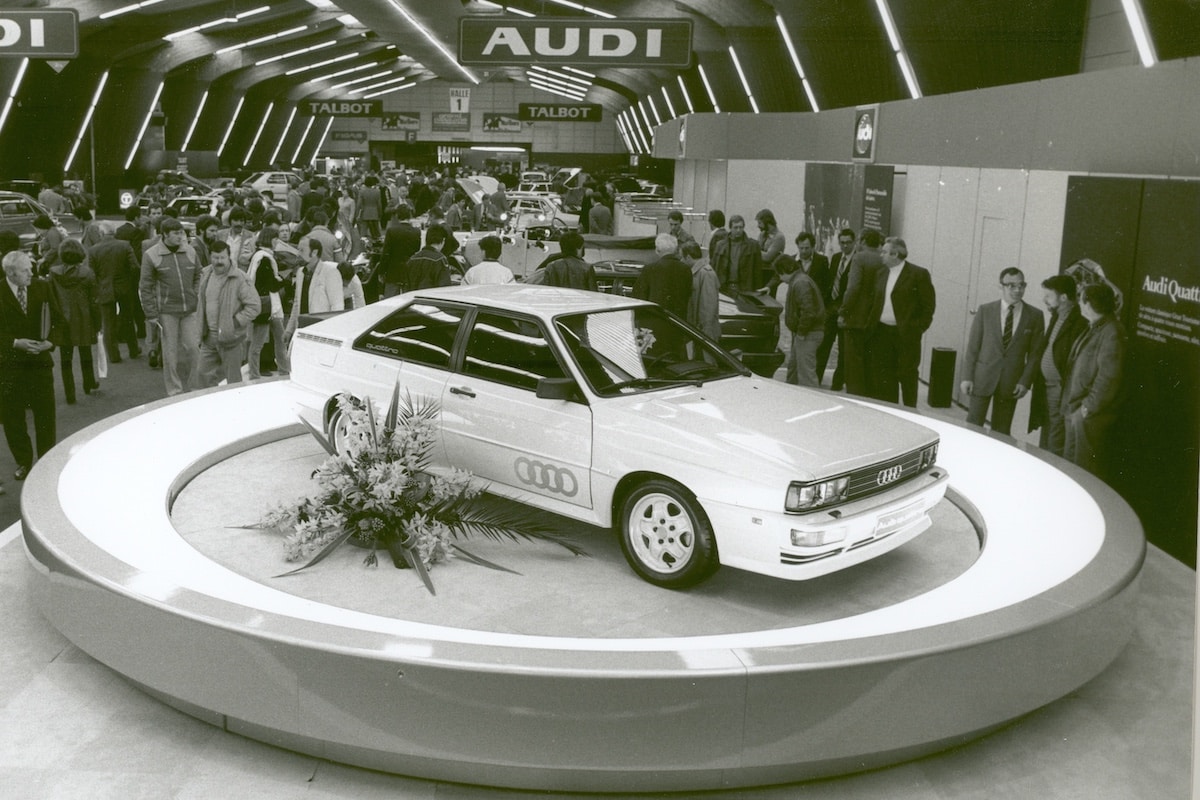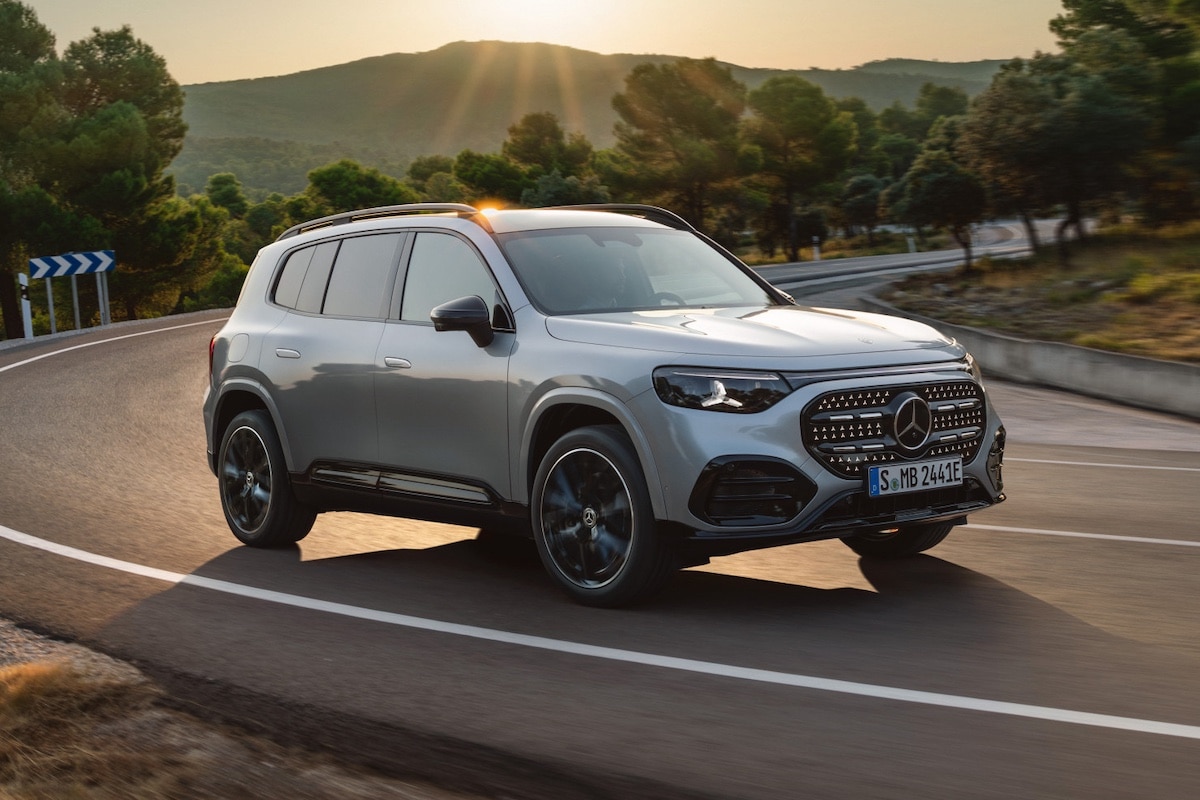End of internal combustion engines by 2035: Europe doubts, France gets bogged down

By hesitating over the end of the internal combustion engine, France muddles the message and weakens the entire automotive sector.
France’s stance on phasing out traditional cars by 2035 has become a symbol of political indecision. Between a superficial support for European goals and repeated calls for “flexibility,” Paris gives the impression of a government moving backward. Yet, in an industry where industrial cycles are planned over more than ten years, this lack of clear direction is simply devastating for the French automotive industry.
Europe had sent a strong signal: ban the sale of new combustion engine vehicles starting in 2035. But France, like Germany, now suggests that the timeline could be reconsidered. These indecisions undermine automakers’ confidence and stall investment. What the industry is demanding is not a new discourse but a stable orientation and transparent rules.
The electric transition was well underway: production plans, new platforms, battery factories. But the strategy is faltering as Europe Doubts. Sales slow down, costs skyrocket, and manufacturers question their direction. Carlos Tavares, the ousted CEO of Stellantis, has never ceased to consider the end of thermal engines in 2035 “unrealistic,” while supporting electric development. Meanwhile, China consolidates its lead and pushes low-cost electric models onto the European continent.
Instead of imposing a “fully electric” system still out of reach for some households, why not acknowledge that electrified combustion engines or fuels derived from alternative sources meet the needs of millions of drivers? This technology can continue to improve its carbon footprint, alongside a controlled development of 100% electric vehicles. The fantastic Renault 5 Turbo 3E proves there’s room for electric fun alongside responsible electric mobility. On the other hand, Toyota is heavily investing in hydrogen, while Porsche is launching multiple initiatives around sustainable fuels.
Ultimately, it’s not about backing down, but about reconciling ecology, industry, and social realities. Providing visibility to the sector, encouraging technological diversification, and supporting varied uses—that’s what’s missing today.
You might be interestedin this article:
France must stop navigating blindly. Without a clear direction, the automotive transition risks derailing before it even gains momentum.
READ ALSO: The ban on thermal engines in 2035 is turning into a joke
This page is translated from the original post "Fin du thermique en 2035 : l’Europe doute, la France s’embourbe" in French.
We also suggestthese articles:
Also read



